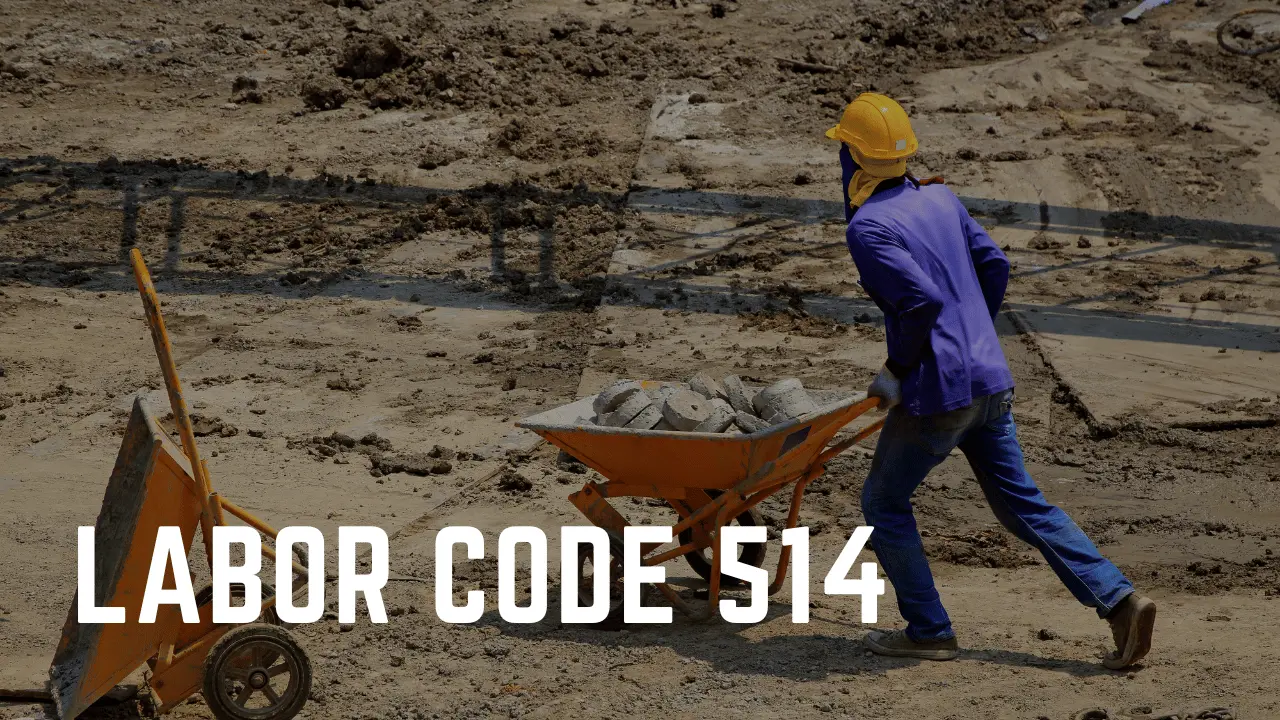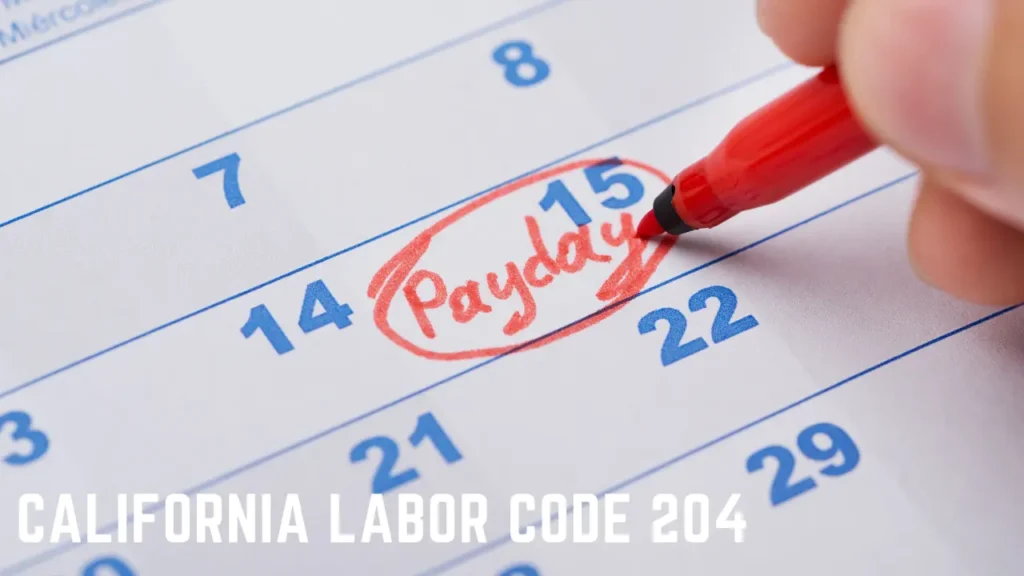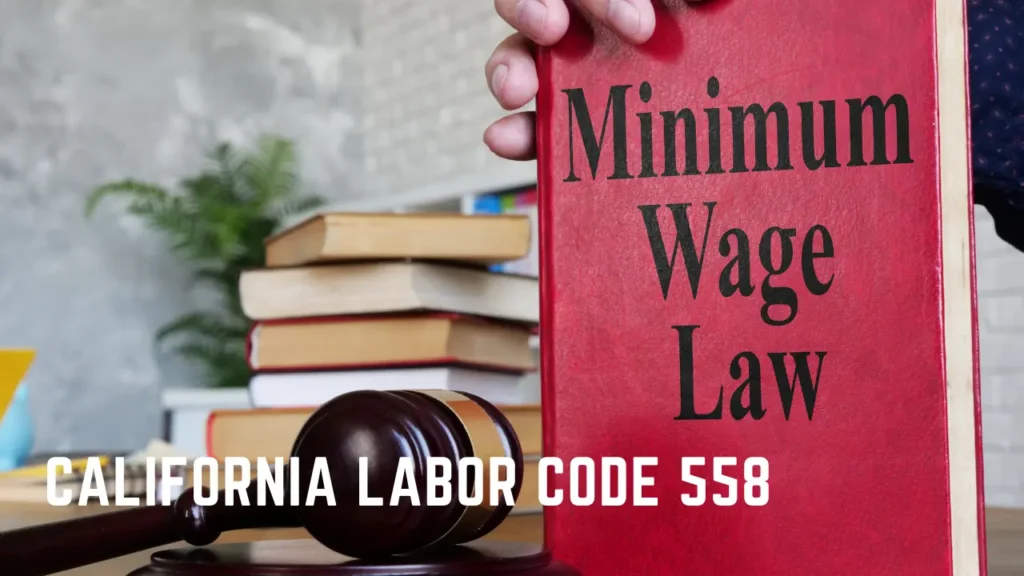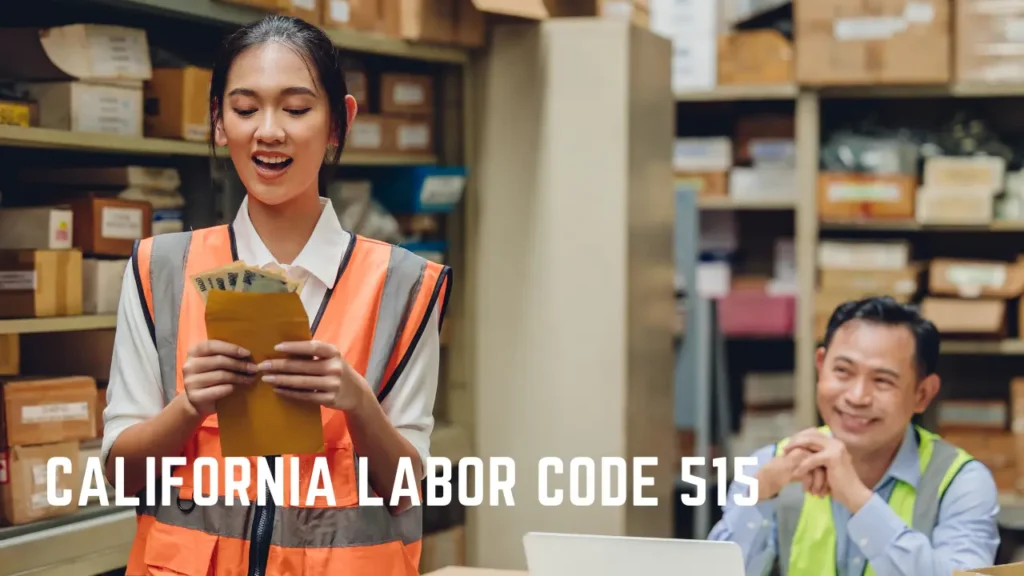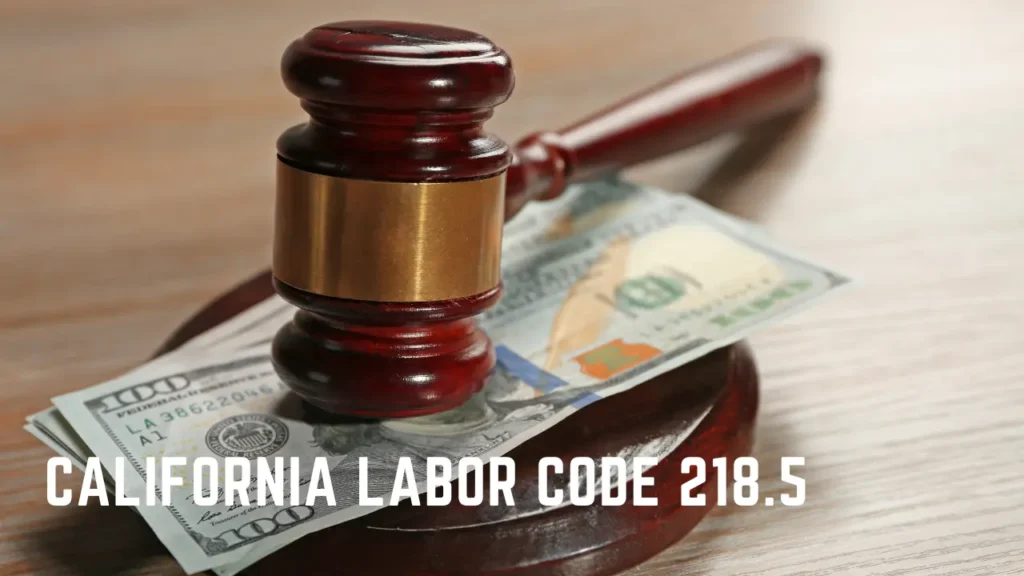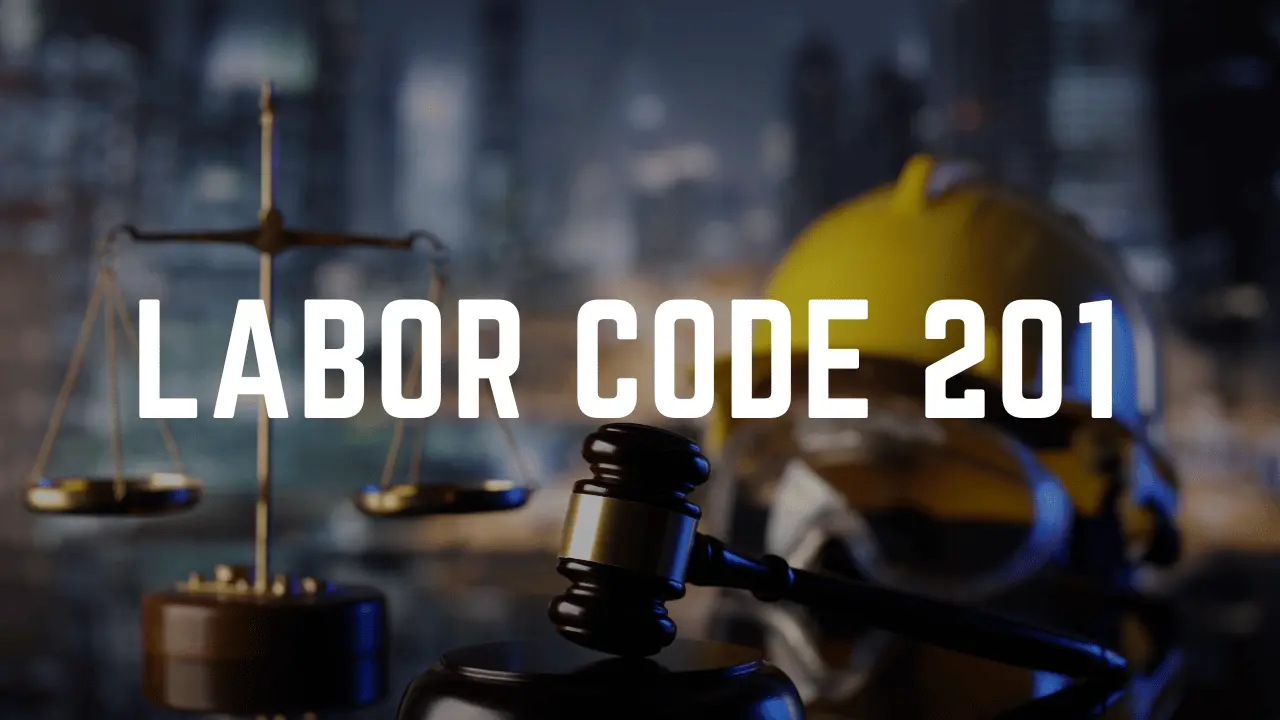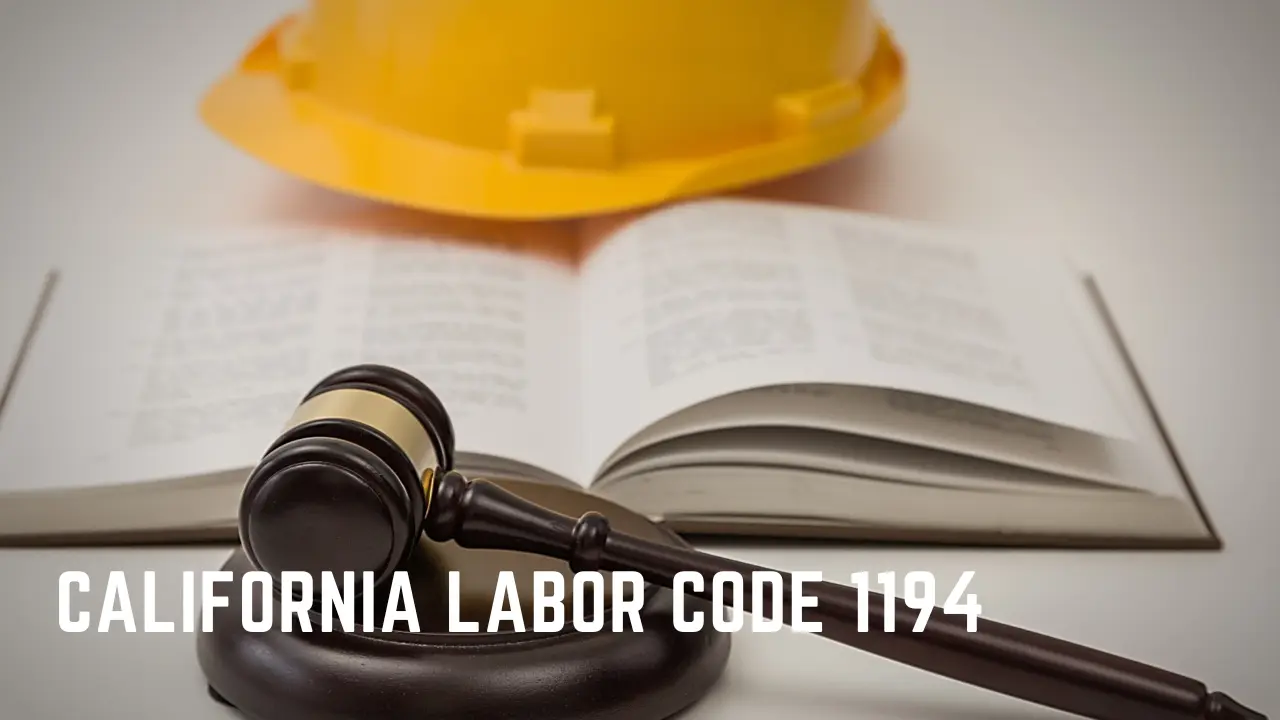Table of Contents
ToggleFrom overtime pay to work conditions, the code provides a framework that seeks to safeguard the interests of employees whilst balancing the needs of employers. However, the implications of the code on CBAs and their validity, in addition to the exemptions provided, have been subject to extensive legal interpretation.
In the forthcoming discourse, we shall navigate through these aspects and shed light on the intricacies of California Labor Code 514, thereby equipping you with a clearer perspective on this pivotal piece of legislation.
California Labor Code 514: Understanding Overtime Pay
In the realm of Collective Bargaining Agreements (CBAs), understanding the intricacies of overtime pay is crucial. It stipulates a higher wage rate—1.5 times the regular pay—for non-exempt employees working beyond the standard 8 hours a day. It also doubles the hourly wage for those exceeding 12 hours in a day.
These overtime regulations, however, do not apply to employees under valid CBAs, provided the agreement explicitly outlines wages, hours, and working conditions. Furthermore, the regular pay rate in the CBA must exceed the California minimum wage by at least 30%.
Detailed provisions in CBAs also encompass rest breaks, meal breaks, vacation time, and leave policies, with some requiring arbitration for wage disputes.
Provisions in Collective Bargaining Agreements
Collective Bargaining Agreements (CBAs) serve as comprehensive documents outlining a wide array of provisions, covering aspects such as rest breaks, meal breaks, vacation time, and leave policies. These agreements define the rights and responsibilities of both parties, ensuring protection for employees and clarity for employers.
Certain CBAs stipulate arbitration as the preferred method for wage disputes, offering a streamlined resolution process. Premium pay for extended working hours is another common provision, incentivizing additional effort from employees.
The CBA is explicit in detailing wages, hours, and working conditions, providing a clear framework for employment terms. Should any issues arise, such as wage or benefit denials, employees have legal recourse through labor and employment attorneys.
Noteworthy Legal References and Cases
Understanding the intricacies of Collective Bargaining Agreements necessitates a review of the relevant legal references and case precedents that have shaped their interpretation and application.
- Labor Code 514: This California labor law exempts certain employees from overtime pay rules if they are covered by a collective bargaining agreement that meets specific requirements.
- Vranish v. Exxon Mobil Corp. case (Cal. App. 2d Dist., 2014): This case helped define the parameters of overtime pay and exemptions under a collective bargaining agreement.
- Flowers v. Los Angeles County Metropolitan Transportation Authority case (Cal. App. 2d Dist., 2015): This case reaffirmed the rights of employees under collective bargaining agreements, explicitly on issues related to overtime pay and work conditions.
These legal references and cases have played significant roles in shaping the understanding and application of collective bargaining agreements in California.
Requirements for Valid CBAs
To ensure the legality and enforceability of a collective bargaining agreement (CBA) in California, several essential requirements must be met.
Firstly, the CBA must guarantee higher pay for overtime work.
Secondly, regular pay rates in the CBA should be at least 30% more than the state’s minimum wage.
Premium pay for additional hours worked should be specified in the agreement.
Fourthly, the inclusion of arbitration clauses for resolving disputes is crucial.
Lastly, the CBA must clearly outline the employees’ wages, hours, and working conditions.
These requirements, when met, validate a CBA under the California Labor Code 514, ensuring that it is not only legally binding but also serves to protect the rights and interests of the employees it covers.
Employee Rights and Exemptions in CBAs
While the requirements for valid CBAs underscore the legal framework within which these agreements operate, it is equally important to highlight the specific rights and exemptions bestowed upon employees covered by such agreements.
- Overtime Rules: Under a valid CBA, traditional overtime rules may not apply. Employees may receive premium pay for overtime, but the specific rates and conditions are outlined in the CBA.
- Regular Pay Rates: The regular pay stipulated in the CBA must exceed the California minimum wage by at least 30%, ensuring a higher baseline income for employees.
- Dispute Resolution: Many CBAs include arbitration clauses for resolving wage disputes, providing a structured and potentially less adversarial avenue for addressing grievances.
These rights and exemptions aim to foster fairness and balance in the employer-employee relationship.
Conclusion
In conclusion, California Labor Code 514 delineates the parameters within which Collective Bargaining Agreements operate, encompassing overtime pay, working conditions, and employee rights. These agreements provide a framework for equitable employer-employee relations, ensuring a balance of rights and responsibilities on both sides.
Understanding the intricacies of these agreements is pivotal for both employers and employees, as it impacts their work environment, compensation, and overall job satisfaction. Continued analysis of legal references and cases further enriches this understanding.

